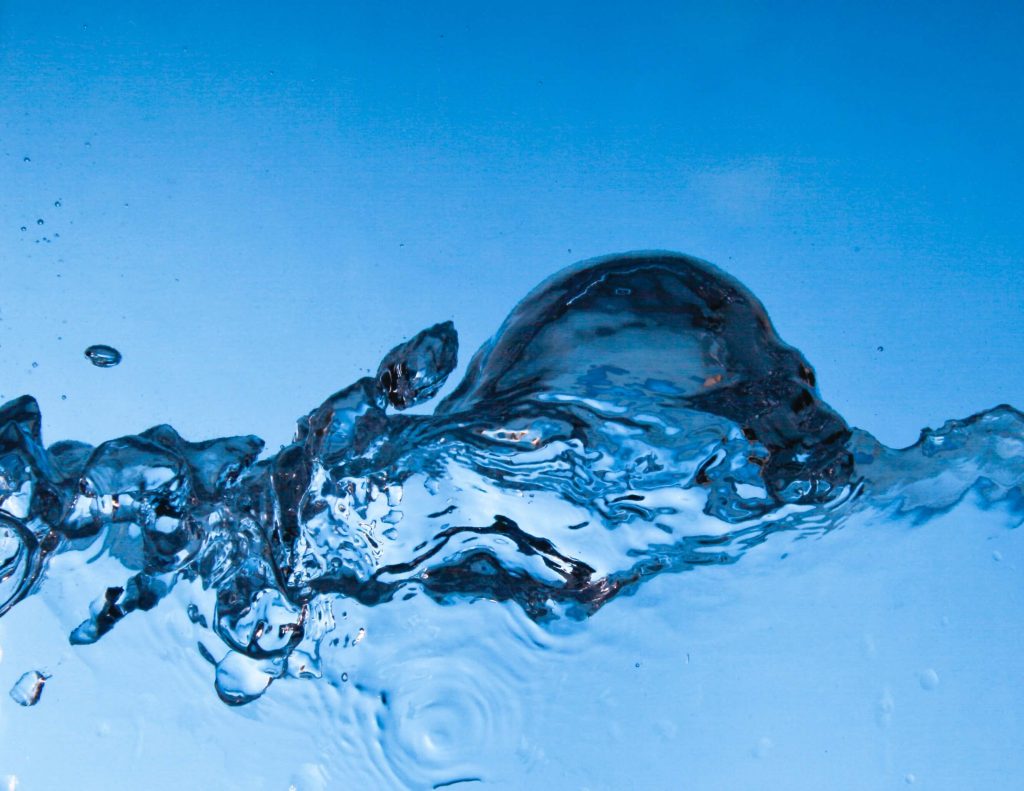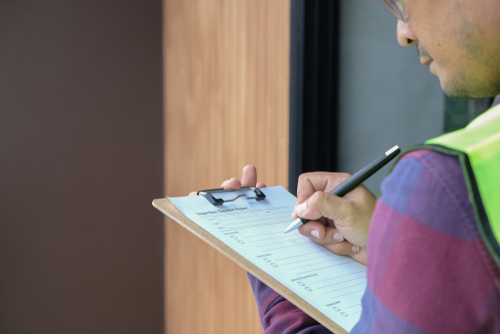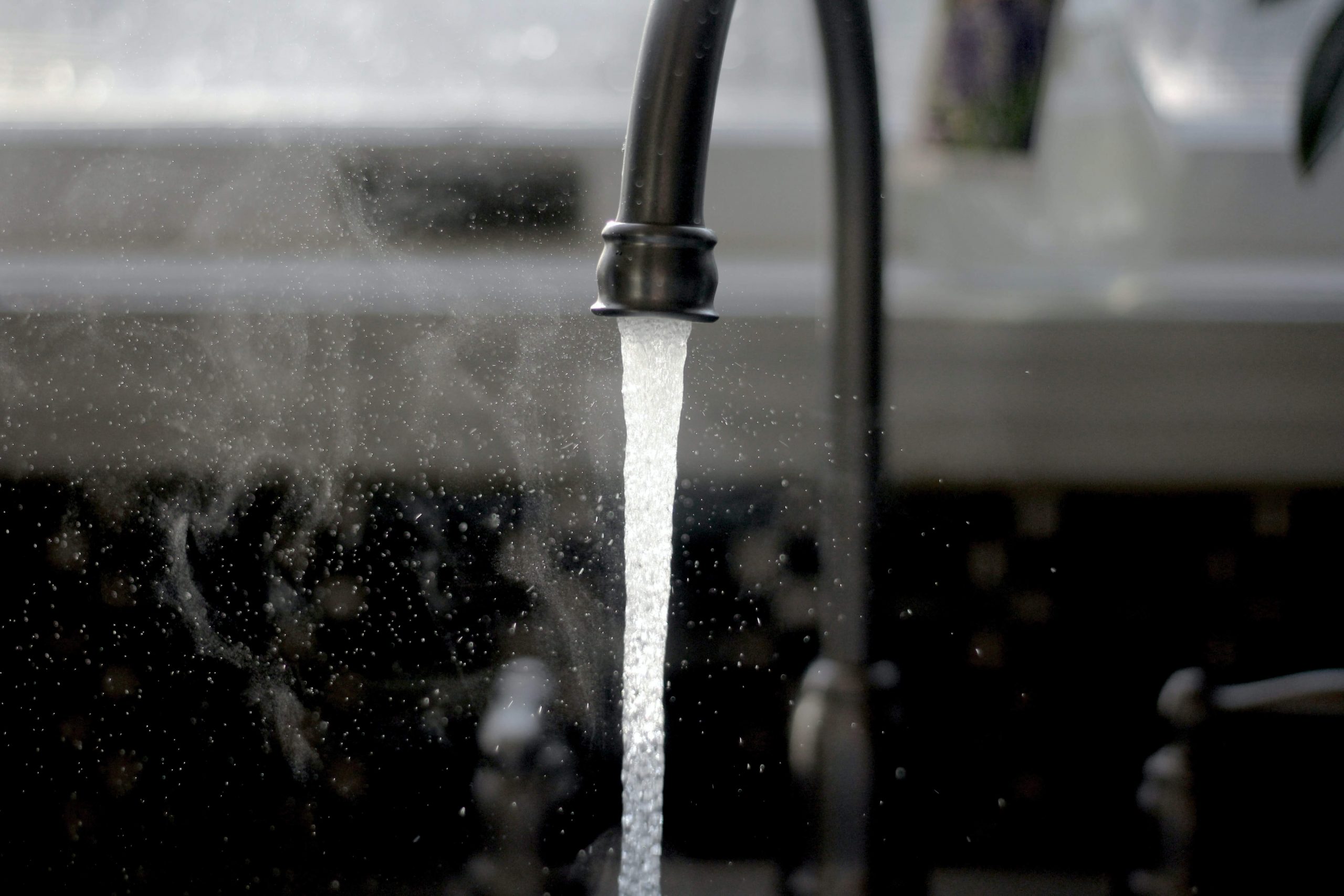When the safety of your building’s users is at risk, the cost of assessing water systems to safeguard their health is a small price to pay. In 2021, a legionella test can cost as little as £35, but the cost of neglecting your water can prove far greater both to you and to others. Without regular legionella tests, you might be risking fines, prosecution, sickness, and even death; it really does pay to be safe. In this article, we’ll walk you through the legionella test cost and what’s involved in the legionella testing process.
What is Legionella?
Legionella is a bacterium found in bodies of water, most usually found in water systems that aren’t properly maintained. This bacterium multiplies rapidly in the right conditions, and when contaminated water enters the lungs as droplets/aerosols, has the potential to cause much harm in the form of the respiratory infection known as Legionnaires’ Disease. This is a form of pneumonia that can become very serious and may even in some cases prove fatal.
Legionella is, however, easily preventable with annual testing and appropriate risk assessments.
Who needs to do a Legionella test?
It’s common practice for this role to be taken by a water hygiene specialist utilising a UKAS accredited laboratory.
It’s the legal requirement for the owner of the building to undertake regular Legionella risk assessments. However, to prevent the potential risks of the process and the substances involved it’s recommended that it always be carried out by trained and competent professionals whose work adheres to regulation.
Glacier Environmental provides professional Legionella testing services, carried out to a high quality by professionals with a wealth of experience in the prevention of contamination and the appropriate maintenance of water systems. We are committed members of the Legionella Control Association and adhere firmly to their standards and regulations in our services.

What happens if, as a business, we don’t comply to Legionella regulations?
The repercussions for neglecting assessments are serious for businesses. The revised 2013L8 Approved Code of Practice establishes Legionella testing as a legal requirement for the building owner. If you fail to comply, you may face fines from the Magistrates’ Court of up to £20,000 and unlimited amounts from the Crown Courts. Individuals responsible may even face two years of jail time.
There’s also significant human cost; Legionella has the potential to make patients seriously ill with lasting effects and can even kill. If this happens, there is even the possibility of being charged with corporate manslaughter or homicide.
Who is responsible for a Legionella test?
The responsibility to maintain healthy water systems and carry out regular assessments falls to those who operate or own buildings. This includes employers, site managers, and landlords. If the regulations are not met or a person contracts Legionnaires’ disease from their water system, these people will be held accountable.
“A suitable and sufficient assessment must be carried out to identify and assess the risk of exposure to legionella bacteria from work activities and water systems on the premises and any precautionary measures needed. The duty holder is responsible for ensuring the risk assessment is carried out.” ACoP L8:2013, paragraph 28.
The responsibility is not only legal. It’s a social and moral responsibility too in order to protect the health and safety of building users and inhabitants.
How much does a Legionella test cost in 2021?
The pricing for Legionella testing varies depending on how large or intricate the water systems and the building are. For Glacier’s professionals to a standard test on a small office building, the average cost of assessment is around £450. This cost lowers to as little as £225 for smaller spaces and simpler systems.
Request a free quote from Glacier to find out how much it’ll cost to assess your systems.
The cost of a Legionella risk assessment is always far, far less than the potential outcomes of contaminated water and disease. Don’t hesitate to assess your water’s risk.
What does this cost cover?
The amount you pay includes the time of the assessment process and specialist equipment required for it, as well as the training and qualifications needed to undertake the assessment to a high quality. The Legionella risk assessment covers all water systems in your rental property. It involves:
- Identifying potential hazards and assessing the level of risk
- Determining exactly who would be at risk if the water is contaminated
- Testing the water to determine if it contains Legionella
- Controlling the risk by putting in place adequate measures
- Recording the assessment and reviewing it where necessary
- The time and materials the process required

The Legionella Test Process
As part of a legionella risk assessment, your site is surveyed non-intrusively in order to see where there is a higher risk of legionella growth. Among them might be storage tanks kept too hot, outlets that are infrequently used, or areas where debris or stagnant water may be collected.
The assessor also has the power to review previous assessments and ensure that the recommendations made in them have been implemented. Any risks will also be evaluated in accordance with a standard list of criteria to ensure the assessment has been conducted thoroughly.
A report that outlines the findings of the assessment should be sent to you later which includes additional recommendations to prevent legionella growth in your water system. This is typically emailed to you. You might want to consider replacing elements of your water system that are no longer fit for purpose or flushing water through parts of the system that are infrequently used. This helps to prevent water from stagnating and forming bacteria.
What will affect the price I pay?
Water Risk Assessments are essential for all properties in order to gather enough information to test and treat the plumbing appropriately. Several factors affect how much a Legionella test will cost.
There are four things to consider: The age of the building, the size of the building, how many people use or occupy the building, the type of business, and the function of the business. Typically, the larger and more complex your building’s water system, the longer the process will take. This will increase the cost of testing.
How long will the test take?
Again, this will depend on the size and complexity of both your building and water systems. While an average 3 bed house might take an hour to assess, large office complexes could take a day.
Your assessor will need to take a digital temperature reading of every hot and cold tap in the building, as well as a reading of water tank outlet pipes. They’ll also report on any unnecessary pipes or hoses, and gain access to any water tanks.
A good assessor will always be thorough, and every possible source of contaminated water should be looked at. They will make sure to fully record all risk. This is a process that, for the sake of health and safety, you should never rush.

How to choose a provider
You should always carefully select your risk assessor. Always ensure you employ a qualified professional by looking into their compliance and certifications in water testing. If Legionella goes unnoticed in a water system, the consequences can be very serious.
Someone who isn’t involved in managing your water systems should be the one to undertake this. An impartial and thorough risk assessment is essential, and so the assessor should not have a stake in the results. UKAS can certify legionella risk assessments as conforming to ISO 17020 for a standardised level of quality.
It’s usually a good idea to choose a UKAS accredited company so you can be confident of accurate results.
How can Glacier Help?
So there it is! Now you know how much a legionella test can cost. At Glacier, our assessors have received extensive training and have a plethora of industry experience. We are experts in Legionella water testing, and we do multiple assessments each year to search for ways to improve.
Our reports are short and to the point, and they follow the ACoP L8 and BS:8580 industry requirements.
Glacier is a proud member of the Legionella Control Association. We created our Our legionella risk assessment management systems with the Code of Conduct and Service Standards in mind. This allows Glacier to assist you in reducing legionella risk in your water systems.
Water hygiene is critical for protecting the health and safety of people in your building. It also protects you from liability if a problem arises. In the event of a preventable epidemic due to legionella in your water, you will be legally accountable for any suffering, injury, or even death if you do not conduct necessary risk assessments or preventative steps.
Contact us today to conduct your risk assessment.You can find out more about our services here.

